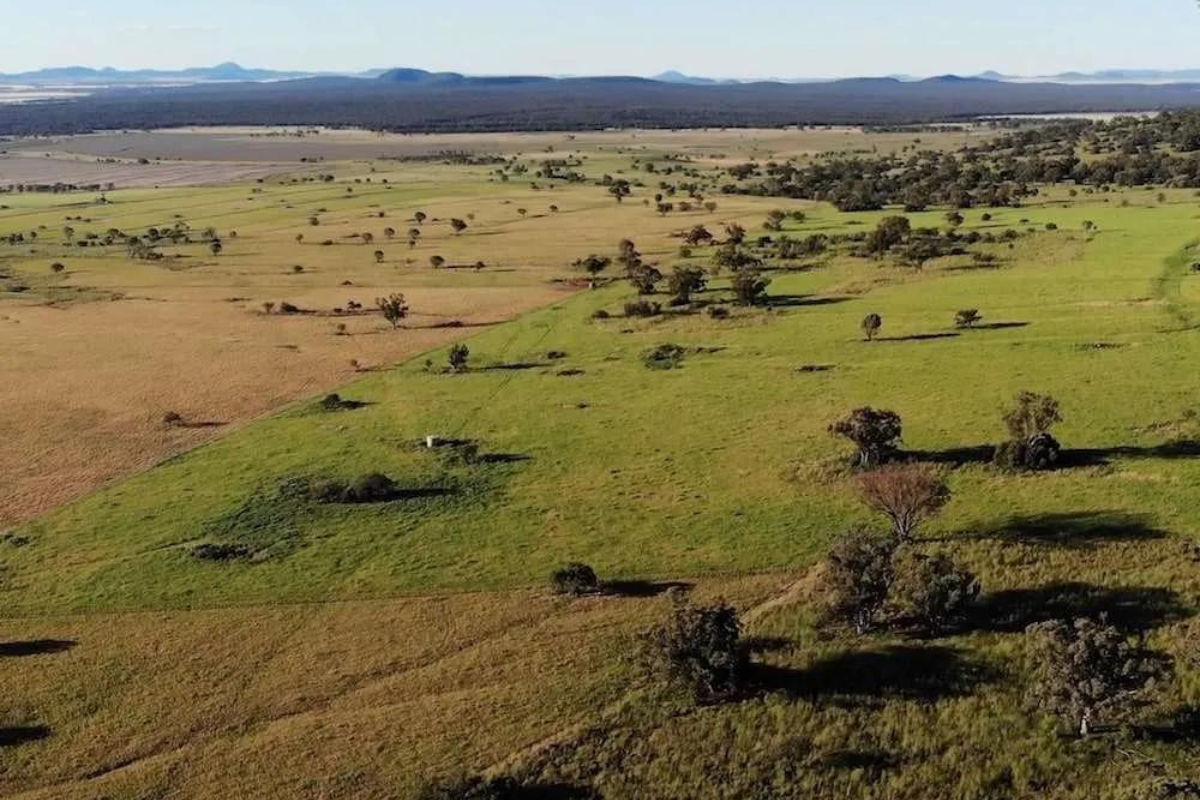
What is Carbon Crediting?
As Australia works towards achieving net zero carbon emissions by 2050, carbon crediting is set to become a major contributor to the success of this endeavour. Carbon crediting revolves around Australian Carbon Credit Units (ACCUs), which are generated by landholders and businesses who carry out various projects across the economy that reduce, store, or avoid emissions. Carbon crediting introduces a new income channel for landowners and regional communities, whilst also being pivotal to Australia’s ability to tackle climate change. Additionally, many of these projects involve the sequestration (storage) of carbon within the soil; a practice which has been shown to reduce emissions and enhance overall agricultural productivity. It is important to note, however, that there are significant technical and scientific costs associated with the establishment of the projects, such as initial soil sampling.
Advance Payment Option
To offset the upfront costs of soil sampling, the Australian government is running a pilot program that makes available an advance payment of $5,000. This is designed to help landowners get through the initial expenditure required to establish the project. The advance payment option is structured as a Carbon Abatement Contract (CAC), with the money provided up front and repaid in the form of ACCUs delivered under the contract. The full value of the payment in ACCUs must be provided within five (5) years of the payment being made. Eligible landowners can choose to receive the advanced payment through fixed delivery or optional delivery CACs.
The ERF has constructed a ‘decision tree’ with information on eligibility criterion and also provide an information page here.
Considerations Before Applying for the Grant
The advanced payment aims to reduce barriers to participation in the carbon crediting market by addressing prohibitively high upfront costs for implementing methodologies. However, in some circumstances the cost of soil sampling significantly exceeds the $5,000 value of the grant. Further, the $5,000 is an advance payment, not an independent grant. Hence, landholders do not receive any additional direct payment from the project.
To find out more about the application process or if you are looking to enter into a project and want legal support, please do not hesitate to contact Isabel White isabel@morganenglish.com.au and the Sustainability team at Morgan + English today.


